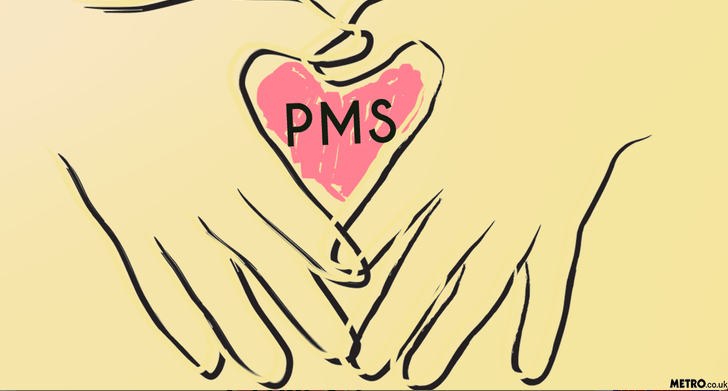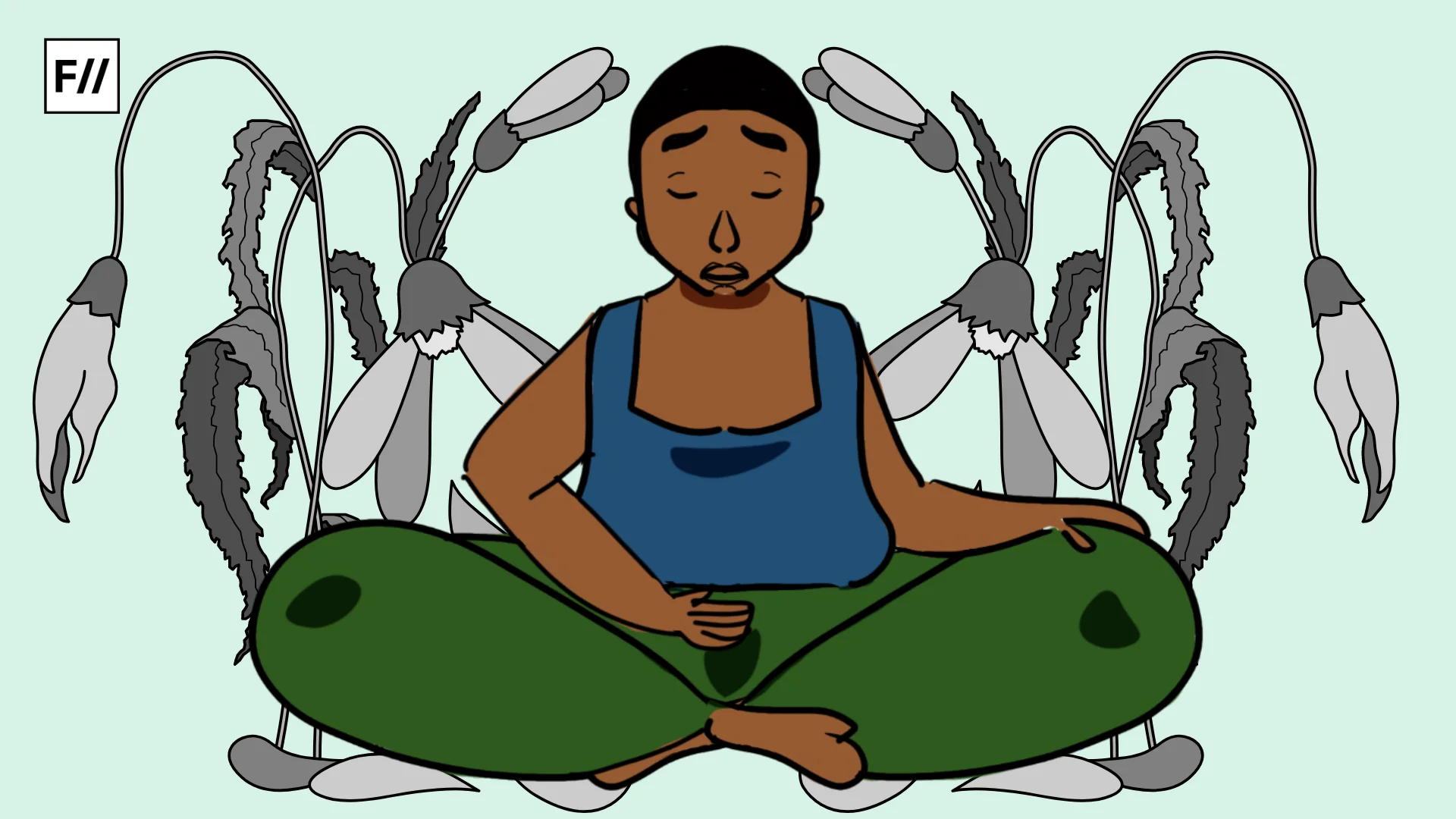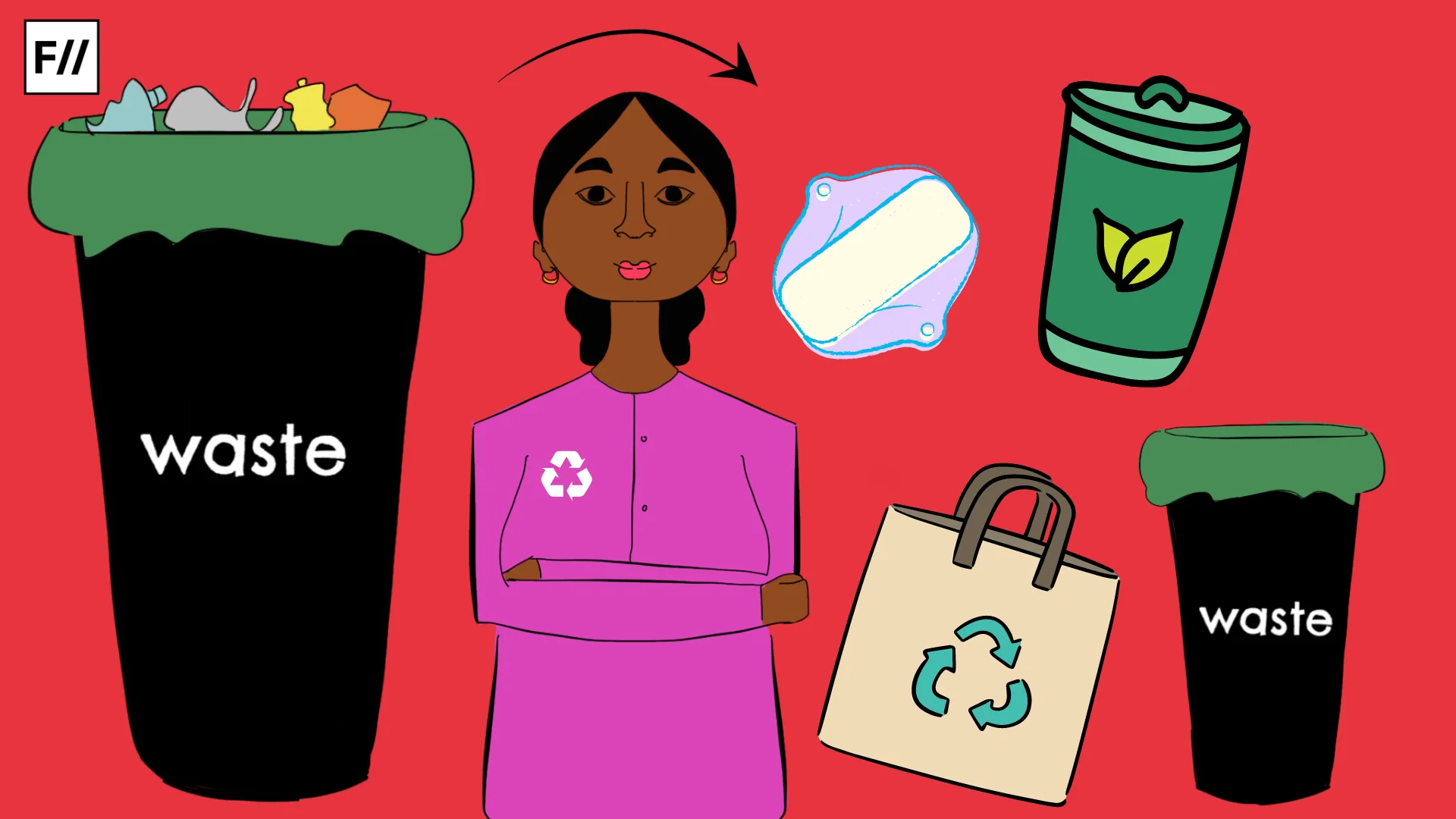Posted by Riddhi Panchal and Pragya Lodha
Menstrual health and hygiene have been taboo subjects and continue to be. This taboo prevents women and others from discussing concerns about menstruation that not only affect women but society in general. There are significant disparities in how doctors interpret women’s systems and the care they provide to women patients.
This attitude is strengthened when the illnesses or pain are seen as ‘women-specific’, for example, anything related to the uterus. The term ‘hysteria‘ is considered to be one of the first mental health diagnoses for women, and it has been attributed to several things including ‘sadness in the womb’ to its ‘wandering’. It continues to be used to diminish women’s emotions.
Premenstrual syndrome (PMS) is the name given to the physical, psychological and behavioural symptoms that occur two weeks before a female’s menstruation cycle. It’s also known as premenstrual tension (PMT) and was described in 1931 as a “state of unbearable tension”.
The term ‘hysteria’ is considered to be one of the first mental health diagnoses for women.
Current estimates are that severe PMS occurs in 2.5 to 5 % of women and mild PMS occurs in 33 percent of women. Indian studies discussing the prevalence of PMS have been few. However, one study in Gujarat, says that the prevalence of PMS was 18.4%, moderate to severe PMS was 14.7% and PMDD was 3.7%.
Some women have PMS from the time they begin having menstrual cycles but for most, PMS begins in the pre-menopausal years, around the mid-thirties, and becomes increasingly severe as the years go on, till they achieve menopause. Sometimes symptoms may persist for some time after menopause as well.
Around 1 in every 20 women have symptoms that are severe enough to stop them living their normal lives. This is often the result of a more intense type of PMS known as pre-menstrual dysphoric disorder (PMDD).
Symptoms of PMS include physical symptoms along with certain emotional changes as well. Emotional changes include anxiety, mood swings, irritability, tearfulness, etc. Physical symptoms include fatigue, pain, cramping, bloating, weight gain, food cravings, breast tenderness, headaches, etc.
Also Read: The History Of ‘Hysteria’ And How Science Can Be Sexist
Clinically, PMS is recognized as a chronic health problem that affects personal relationships, work productivity and participation in social activities. Both PMS and PMDD are associated with poor physical health and psychological distress (National Health Portal).
Even with more conversation and media focus on it, there are still several myths about PMS (and of course menstruation at large) held by both conservative and traditional society from which it emerged to the more ‘modern’ folks:
Menstruation and PMS are the same things and both are due to changes in hormones: PMS is what happens prior to menstruation and they are not the same thing. Hormones affect PMS but are not the only factor that influence it.
Different symptoms of pre-menstrual syndrome are caused due to hormonal changes. Fluctuations in serotonin, an important neurotransmitter can also cause symptoms of pre-menstrual syndrome. Serotonin plays an important factor in mood changes. Undiagnosed depression is another factor that can affect pre-menstrual syndrome.
Around 1 in every 20 women have symptoms that are severe enough to stop them living their normal lives.
All women have PMS: PMS is not universal, nor is its severity and not all PMS sufferers need medical treatment. This myth is perpetuated more so by media depictions of women ‘going crazy due to their hormones’.
There is no real treatment for PMS, women just need to get through it: This is inaccurate and an approach in line with minimizing women’s pain. There are several things that can help reduce the severity of PMS including medicines, lifestyle changes – diet, sleep etc.
PMS only has one form: this is not accurate either. Pre-menstrual Dysphoric Disorder is a severe form of PMS and its symptoms can be both emotional and physical. Emotional symptoms include extreme irritability, feeling anxious, feeling a loss of control while physical symptoms can include extreme fatigue, aches all over the body and bloating.
Also Read: The Unwelcome Custom Of Celebrating My Menstrual Experience
Riddhi Panchal and Pragya Lodha are from the Minds Foundation.
Featured Image Credit: Metro
About the author(s)
Guest Writers are writers who occasionally write on FII.




